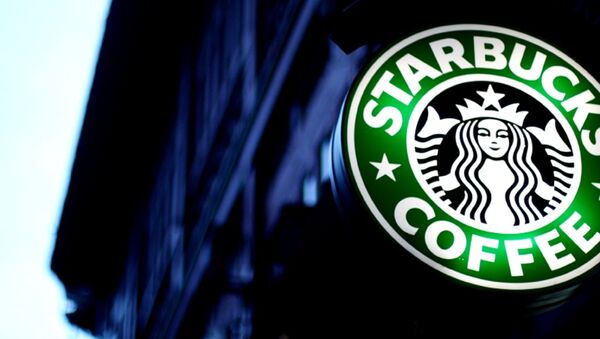Juncker was Prime Minister of Luxembourg from 1995 to 2013, as well as Minister for Finances from 1989 to 2009, during which period the special tax arrangements were made. The 'sweetheart tax' agreement allowed the multinationals to channel their European profits through the Netherlands to drastically reduce their tax liabilities in other member states.
Tax rulings that artificially reduce a company's tax burden are illegal. All companies should pay their fair share of taxes.
— Margrethe Vestager (@vestager) October 21, 2015
The European Commission has decided that Luxembourg and the Netherlands granted selective tax advantages to Fiat Finance and Trade and Starbucks, respectively. These are illegal under EU state aid rules.
Commissioner Margrethe Vestager, in charge of competition policy, stated:
"Tax rulings that artificially reduce a company's tax burden are not in line with EU state aid rules. They are illegal. I hope that, with today's decisions, this message will be heard by Member State governments and companies alike. All companies, big or small, multinational or not, should pay their fair share of tax."
Following in-depth investigations, which were launched in June 2014, the Commission concluded that Luxembourg has granted selective tax advantages to Fiat's financing company and the Netherlands to Starbucks' coffee roasting company.
Lux to recover € 20-30 mill from Fiat FT, NL to recover € 20-30 mill from Starbucks Manufacturing — unpaid taxes due to illegal state aid.
— Margrethe Vestager (@vestager) October 21, 2015
In each case, a tax ruling issued by the respective national tax authority artificially lowered the tax paid by the company.
Dutch 'Surprise'
In a statement, the commission said:
"The two tax rulings under investigation endorsed artificial and complex methods to establish taxable profits for the companies. They do not reflect economic reality."
The Commission has ordered Luxembourg and the Netherlands to recover the unpaid tax from Fiat and Starbucks, respectively, in order to remove the unfair competitive advantage they have enjoyed and to restore equal treatment with other companies in similar situations.
Tax advantages for #Fiat & #Starbucks are illegal under EU state aid rules https://t.co/ewFOqJr4wA pic.twitter.com/HxDvT3XGI1
— European Commission (@EU_Commission) October 21, 2015
The amounts to recover are US$23 — US$34 million (€20 — €30 million) for each company. It also means that the companies can no longer continue to benefit from the advantageous tax treatment granted by these tax rulings.
In a statement, the Dutch Government said it was "surprised" at the ruling, saying:
"The Netherlands is convinced that actual international standards are applied."
Juncker has always denied being part of any special tax deal with multinationals, telling a committee of lawmakers in September:
"The Luxembourg tax authorities are very allergic to the idea of political interference. I think you have an exaggerated idea of the power of the prime minister in this particular respect."
The Commission is investigating a number of other cases where tax rulings may give rise to state aid issues, concerning Apple in Ireland, Amazon in Luxembourg, and a Belgian tax scheme.


